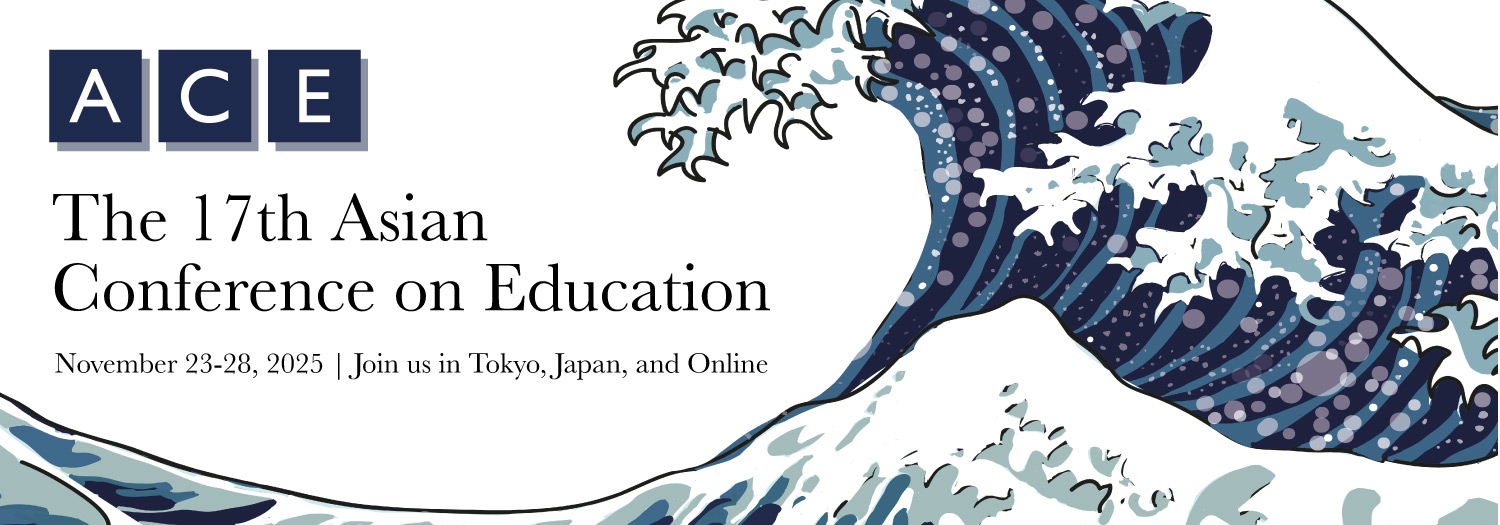Exploring Student Dispositions Toward Uncertainty in Science Learning: Development and Validation of a Multidimensional Scale (85577)
Session Chair: Amnaj Sukjam
Wednesday, 27 November 2024 11:50
Session: Session 2
Room: Room 607 (6F)
Presentation Type: Oral Presentation
This study aims to conceptualize the multifaceted dimensions of student dispositions towards navigating uncertainty in science learning, validate a scale measuring these dispositions, and examine the relationship between these dispositions, curiosity, and academic achievement. The research developed a multidimensional scale for uncertainty navigation in science learning, considering four constructs: epistemic orientation toward uncertainty, positive and negative affective reactions, self-efficacy, and strategies for navigating uncertainty. Survey data from 876 middle school students were analyzed to investigate the validity of the scale. Exploratory and confirmatory factor analyses supported a five-factor model of uncertainty navigation, revealing that positive and negative affective reactions to uncertainty are distinct constructs, necessitating separate consideration rather than a unidimensional approach.
Structural equation modeling (SEM) was employed to examine the relationships among dispositions toward uncertainty navigation, curiosity, and academic achievement. The SEM findings indicate that curiosity (e.g., joyful exploration, deprivation sensitivity) serves as a crucial mediator in the positive relationships between three dimensions of uncertainty navigation (epistemic orientation toward uncertainty, positive affective reactions, negative affective reactions) and academic achievement. Without epistemic curiosity as a mediator, positive and negative affective reactions to uncertainty negatively predict student learning achievement. The results demonstrate that students exhibit complex emotions when engaging in an uncertainty-driven learning environment in science.
Authors:
Ying-Chih Chen, Arizona State University, United States
Jongchan Park, Arizona State University, United States
Michelle Jordan, Arizona State Unversity, United States
Carlos Meza-Torres, Arizona State University, United States
Emily Starrett, Arizona State University, United States
About the Presenter(s)
Dr. Ying-Chih Chen has used longitudinal and mixed-methods approaches to investigate how students' epistemic uncertainty can be adapted as resources for knowledge development and sensemaking in problem-based learning (PBL).
Connect on Linkedin
https://search.asu.edu/profile/2402555
See this presentation on the full schedule – Wednesday Schedule





Comments
Powered by WP LinkPress